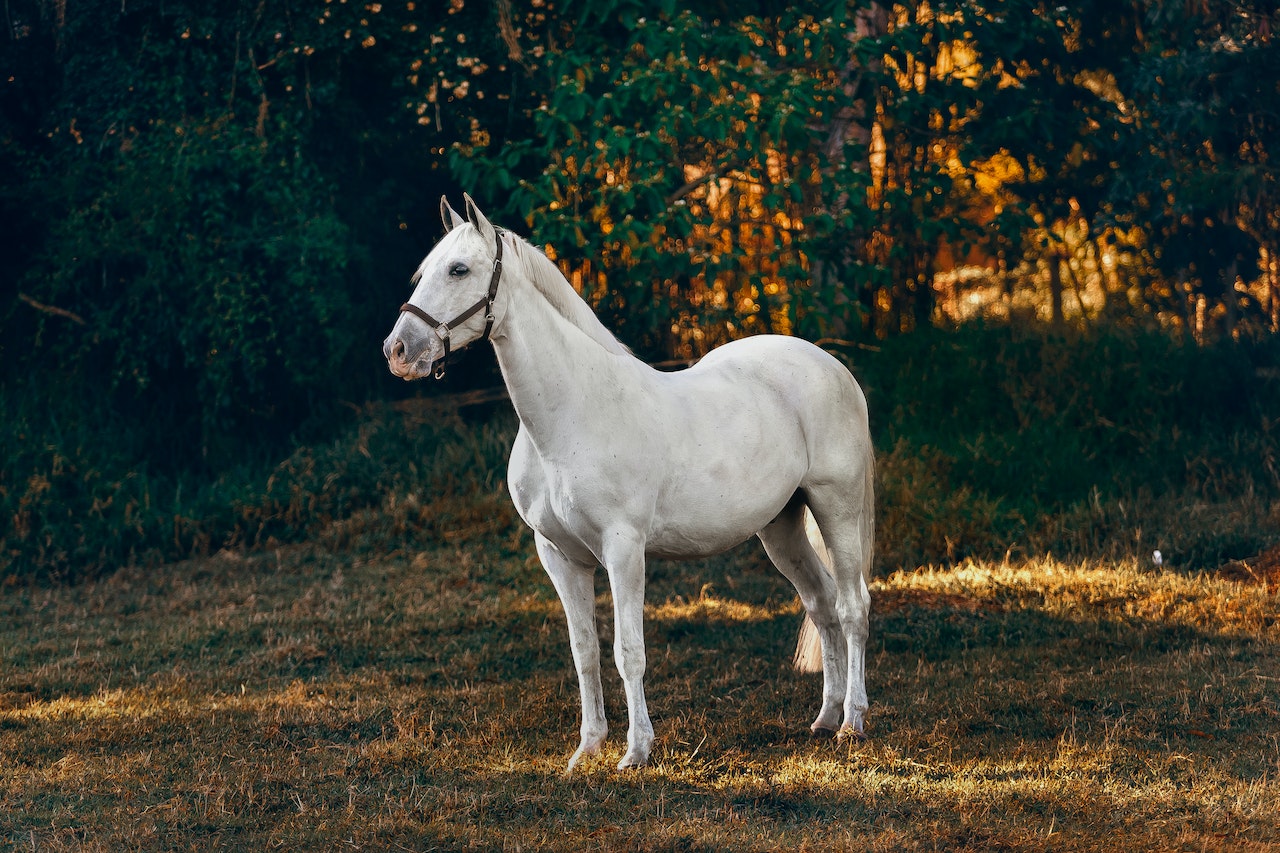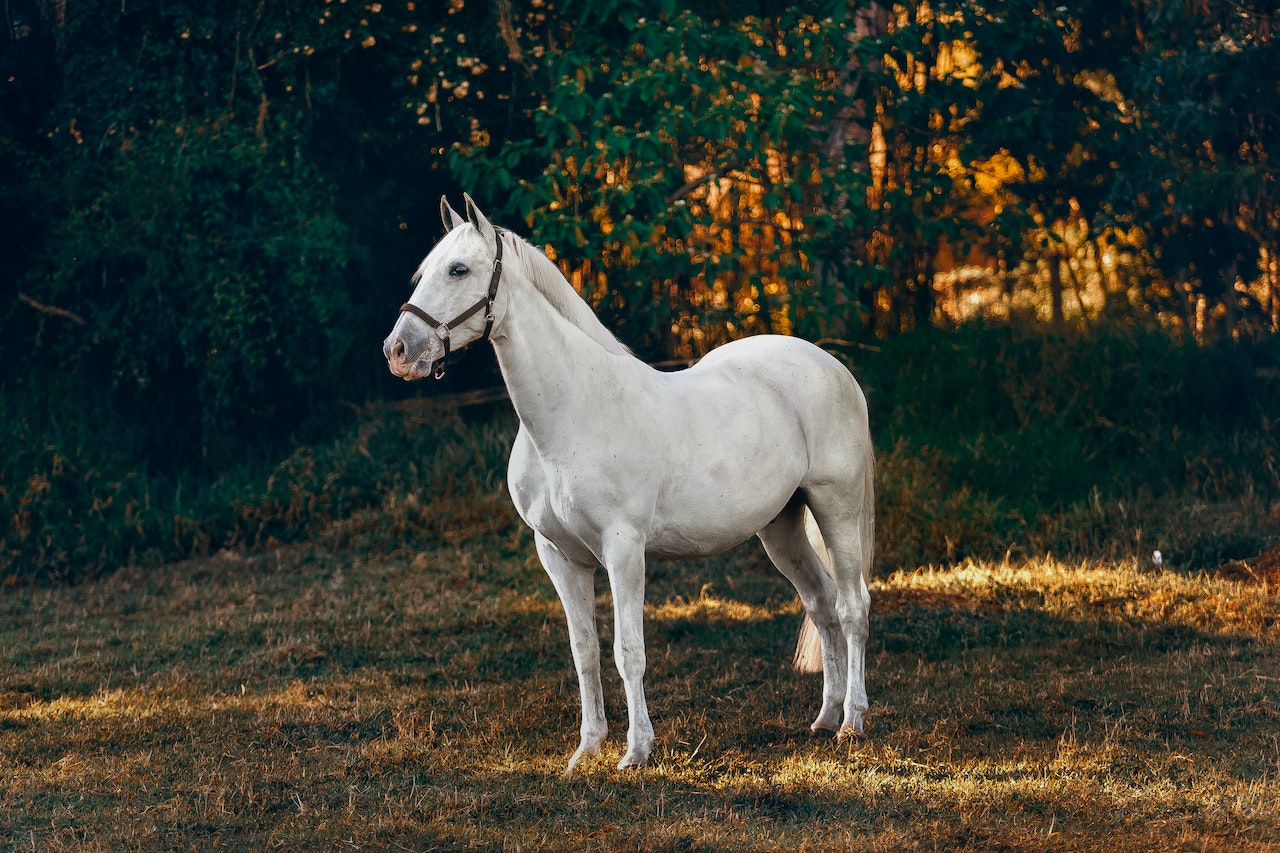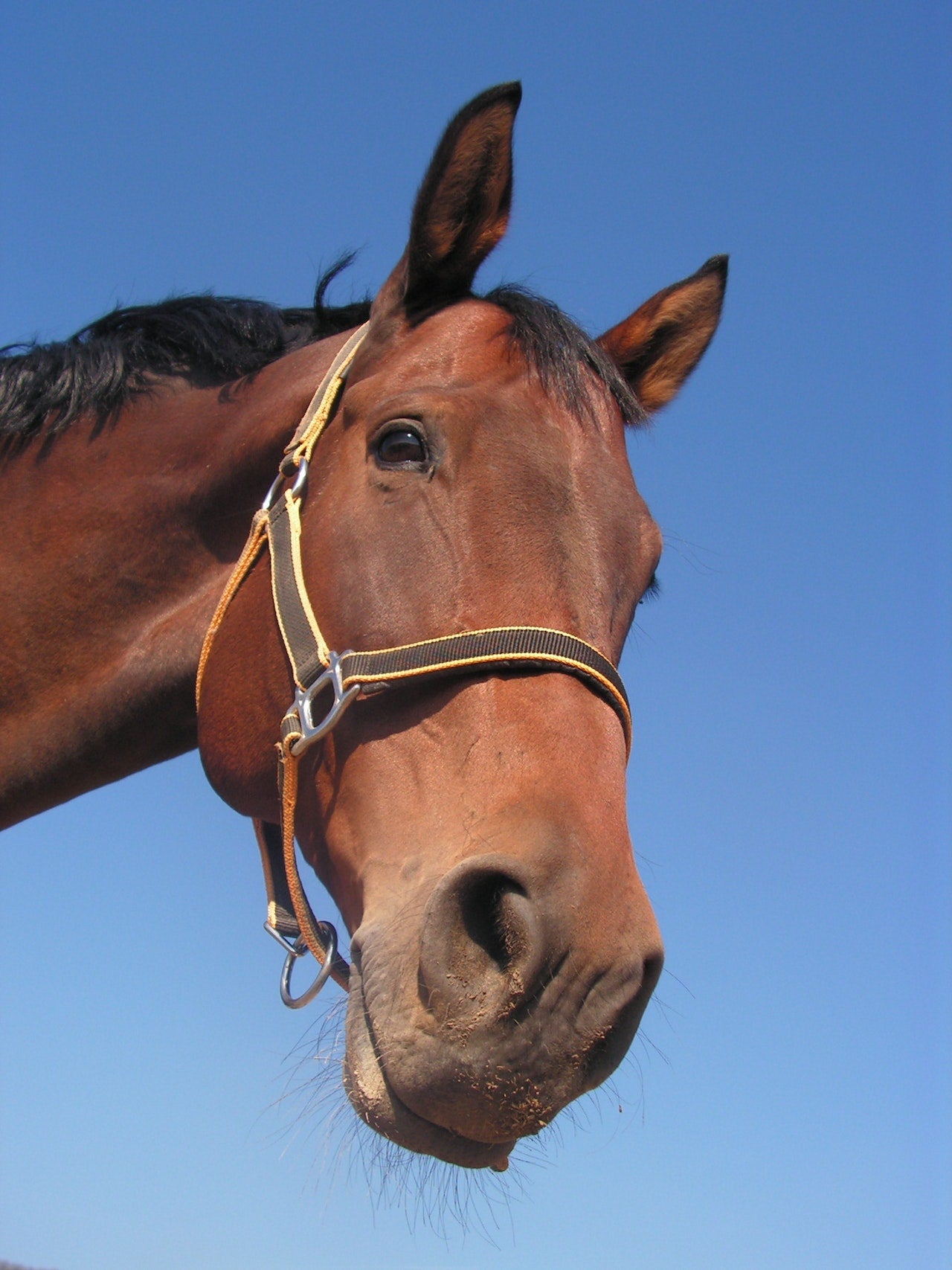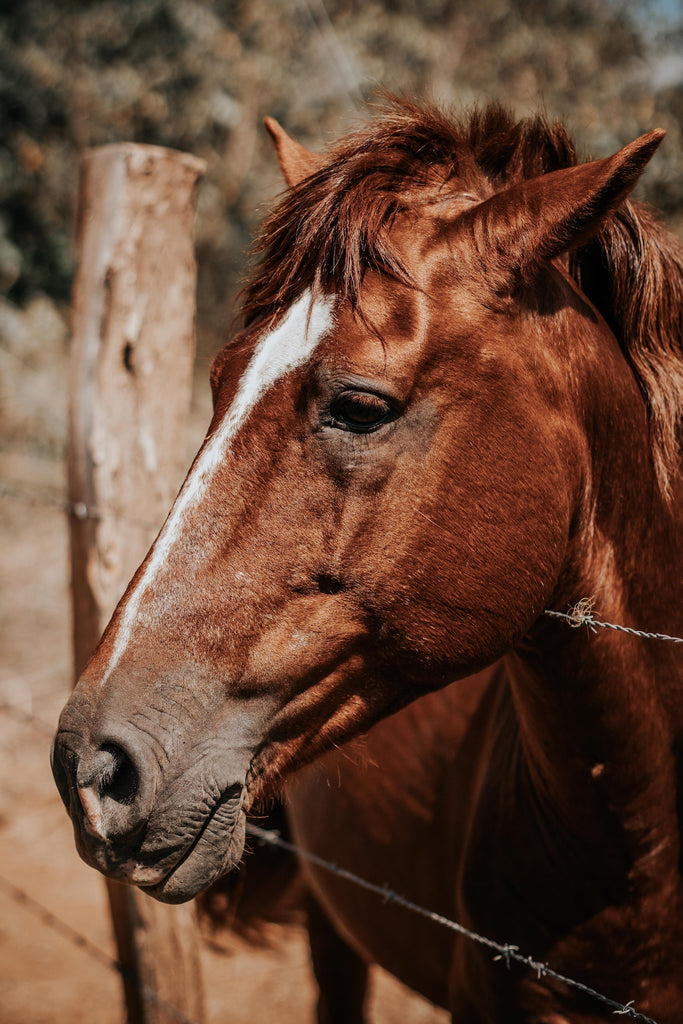
Feeding Olive to Horses: A Danger or a Perfection
Although hay or pasture grass makes up the majority of a horse's natural diet, equine specialists are also looking into other nutritional elements that can improve their general health. Olive oil is one such substance that has attracted interest.
A common ingredient in human culinary history, olive oil is renowned for its many health advantages. Some horse owners and lovers are thinking about including it in the diet of their equine companions due to its composition, which is rich in fatty acids and vitamins. But it's crucial to learn more about the benefits and risks of this oil before incorporating it into a horse's diet.
The goal of this piece is to present a thorough investigation of feeding olive oil to horses. It will go through the dietary requirements for horses, the make-up and nutritional profile of olive oil, and the potential benefits and drawbacks of using it. Readers may decide whether or not to add olive oil to their horse's diet by carefully weighing the pros and cons.
Can Horses Eat Olive Oil?
Yes, however, horses do not require olive oil as a regular element of their diet. Hay or pasture grass, as well as commercial horse feed or concentrates that are specially prepared to supply the required elements, are the main sources of nourishment for horses. Although olive oil is safe for horses to consume, it is not a staple in their diet and may not have many substantial advantages.
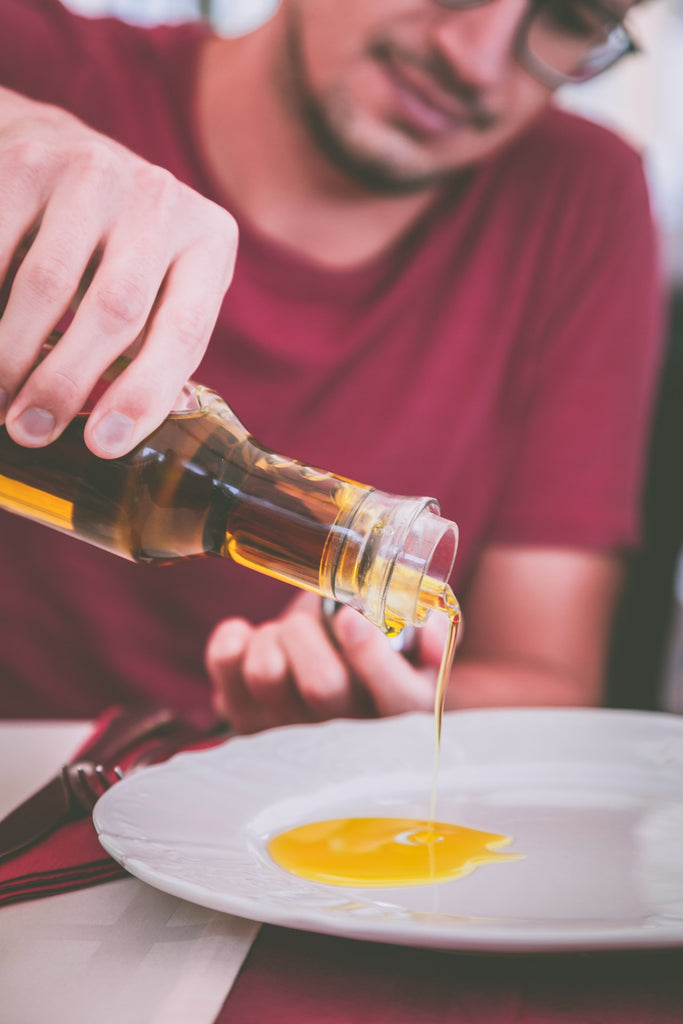
Olive Oil
Olive oil, which comes from the fruit of the olive tree (Olea europaea), is a well-known and commonly used oil. It is praised for its distinctive flavour, versatility, and a host of health advantages. It has a long history that dates back thousands of years.
Crushing the olives releases the oil, which is then separated from the solid parts during the extraction process. Extra virgin, virgin, refined, and light olive oil are some of the several varieties of olive oil that are offered; each has a distinct level of quality and processing.
Olive oil has an excellent track record for being extremely healthy. The greatest amount of beneficial chemicals, antioxidants, and natural flavours are retained. It contains a lot of monounsaturated fats, particularly oleic acid, which is thought to improve blood vessel health and lower cholesterol, promoting heart health. It also has anti-oxidants including vitamin E and phenolic compounds, which may have antioxidant and anti-inflammatory benefits.
Potential Benefits of Olive Oil for Horses
Improved Coat Condition
The moisturising qualities of olive oil and its abundance of omega-3 and omega-6 fatty acids are well recognised. Some horse owners assert that using olive oil in their horses' diets causes their horses' coats to become smoother, shinier, and healthier. These fatty acids are thought to promote the general health and lustre of the coat.
Improved Weight Gain
Increasing calorie intake for horses that have trouble maintaining their ideal body weight may be aided by including calorie-dense foods like olive oil in their diet. Around 120 calories are included in one tablespoon of olive oil, making it a rich source of energy. To make sure the horse's needs are being addressed effectively, it's crucial to take into account the total nutritional balance and speak with a veterinarian or equine nutritionist.
Supplemental Energy
For horses engaged in strenuous physical exercise, such as working or performance horses, some horse owners augment their energy sources with olive oil. Olive oil's high fat content offers a concentrated source of energy that may help with endurance and stamina.
Antioxidant Effects
Vitamin E and polyphenols are two examples of the natural antioxidants found in olive oil. These substances may have anti-inflammatory and antioxidant properties, which might help horses fight oxidative stress and maintain general health.
Potential Drawbacks and Concerns of Feeding Olive Oil to Horses
Digestive Disruption
Horses' digestive systems are special because they are designed to handle high fibre plant matter. Large amounts of oil, even olive oil, can interfere with a species' normal digestion. The absorption of nutrients from their main food sources, such as hay or pasture grass, may be hampered by excessive oil consumption.
Stomach Upset
Significant quantities of olive oil fed to horses might increase their chance of experiencing gastrointestinal distress, such as diarrhoea or loose stools. The high fat content of olive oil may be too much for the horse's digestive system to handle, resulting in an upset stomach.
Obesity and Related Health Issues
Due to its enormous calorie content, giving horses too much olive oil will increase their calorie intake, which can cause weight gain and obesity. Horse obesity may result in several medical conditions, including insulin resistance, laminitis, and joint troubles.
Lack of Natural Adaptation
Horses' natural diet does not contain large amounts of oil because this has not evolved in them. Small amounts of dietary fat are necessary for their general health, but excessive amounts, particularly from sources other than the norm like olive oil, may not meet their nutritional needs.
Alternatives to Olive Oil
Vegetable Oil
Vegetable oils like corn oil, soybean oil, or canola oil can be used as substitutes for olive oil. These oils are likewise strong in calories and can offer extra energy to assist weight gain or add to high-performance horses' diets.
Flaxseed Oil
Omega-3 fatty acids, which are abundant in flaxseed oil and have anti-inflammatory qualities, can help to maintain a healthy coat and skin. For horses who need more fat in their diet and can benefit from the omega-3 content, it is a good substitute.
Commercial Equine Feed
Many horse diets or concentrates that are sold commercially are designed expressly to give horses the nutrition they need, including fats. These diets frequently include a well-balanced mixture of oils and fats appropriate for various horse kinds and uses.
Fruits and Vegetables
Including fruits and vegetables in your horse's diet can offer important advantages and nutrients instead of utilising oil additives. For instance, adding vegetables like celery and fruits like apples, bananas, and watermelons as a treat may provide horses with a lot of additional healthy elements including vitamins, minerals, and dietary fibre.
Final Words
Each horse is different, and so are their dietary needs. Put your horse's overall health first, seek advice from experts, and make knowledgeable choices based on their unique requirements. By doing this, you can provide your horse with a well-balanced meal that fits their unique needs and promotes maximum health.

